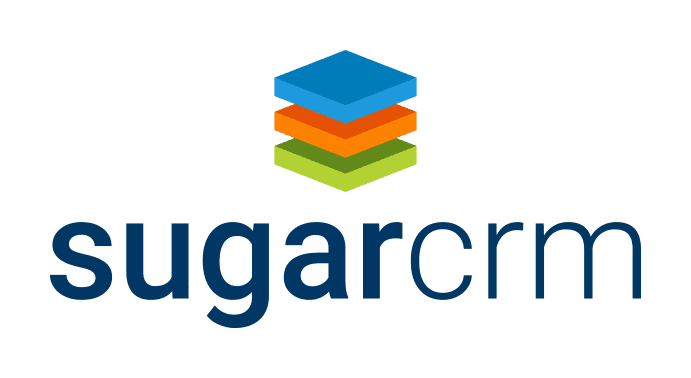Many industries have adopted ERP systems, but the origin of enterprise software will always remain firmly rooted in the manufacturing world. While it has taken other industries decades or more to catch-on to the competitive advantages ERP offers, manufacturing firms have been pushing their productivity and efficiency features as early as the 1990s.
And yet, ERP systems still continue to push manufacturing operations to new heights, and the indications offered by the latest trends and innovations are sure to keep the momentum going.
The Cloud
One of the most significant changes to business-as-usual for ERP software over the past few years has been the major push toward cloud-based ERP accounting solutions. The vast majority of new companies discovering the benefits of ERP systems invest in cloud-based ERP solutions as opposed to the locally installed and hosted systems (also known as on-premise) of yesteryear.
While there are many reasons for this change, a primary driver continues to be the lower cost of entry for cloud-based ERP systems by comparison. Cloud-based ERP systems operate on a software-as-a-service (SaaS) pricing model, meaning customers pay for a subscription for access to the software rather than purchasing the full suite outright right from the outset.
Additionally, many SaaS ERP offerings give customers the ability to pick and choose the functionality and tools they need for their business. Customers pay only for what they want, granting further savings versus having to pay for a whole host of tools that are irrelevant to manufacturers.
The result of this reduced cost of entry is that far more companies can afford more robust ERP systems that are tailored specifically to their needs. Gone are the days when only the biggest and meanest manufacturers could provide ERP systems to power the workflows on their factory floor.
Read Next: Improve your factory with these 3 things
Now, firms of any size can seize upon the benefits of ERP systems, effectively erasing the competitive advantage they once offered. ERP systems are no longer a specialty tool for established organizations and are instead a vital part of day-to-day operations for any manufacturer.
Integrations
Another major benefit of the cloud ERP is the many integrations it offers users. With so many competitors in the ERP space in 2020, developers are increasingly focusing on streamlining and fine-tuning their core products while partnering with other developers to offer a vast array of integrations.
Where ERP systems once did many things reasonably well for a high cost, they now feature more specialized focuses at lower prices and with easy, turnkey integrations with other software options.
ERP’s focus on extensive integrations empowers users to interweave every software tool needed to run their business into a unified system that features no bloatware or irrelevant tools.
Artificial intelligence (AI)
Artificial intelligence helps manufacturers automate repetitive tasks, identify potential problems before they arise, and foster more efficient workflows.
- Predictive maintenance
Using manufacturing ERP software, floor managers can schedule predictable preventative maintenance to keep the machines on the factory floor running smoothly.
- Boost productivity
In nearly every industry, employees worry that AI could take their jobs, and manufacturing employees are no different. However, the manufacturing workforce has been leveraging machines, technology, and automation for years and understand how AI will make their jobs easier and more impactful.
- Increased agility
Every manufacturer’s priority is meeting the changing needs of its customers. AI-enabled ERP helps factories implement changes more seamlessly while keeping them informed with real-time data for decision-making.
Read Next: How’s your inventory management strategy working out?
Emphasizing the customer
More and more manufacturers in 2020 are cutting out the middlemen, removing distributors from their chain, and selling directly to other businesses or customers. This new emphasis on B2B and B2C operations has forced a new focus on the customer experience, and many cloud-based manufacturing ERP systems feature CRM (customer relationship management) tools to help keep these relationships healthy and customers satisfied.
Why Manufacturers Choose Epicor ERP Software
Manufacturers are on the lookout for flexible ERP systems that enable more collaboration through real-time data while driving customer experience to new levels. Epicor ERP is architected using a true service-oriented architecture (SOA) meaning you purchase only the modules you need.
e2b teknologies customizes, implements, and supports Epicor ERP software for a wide range of manufacturing operations. The sooner your business adapts to the new normal of cloud-computing, the further ahead of the competition you’ll find your business.
Find out how we can take you to peak performance within your manufacturing company, in the accounting department, and across your entire footprint with Epicor ERP.

